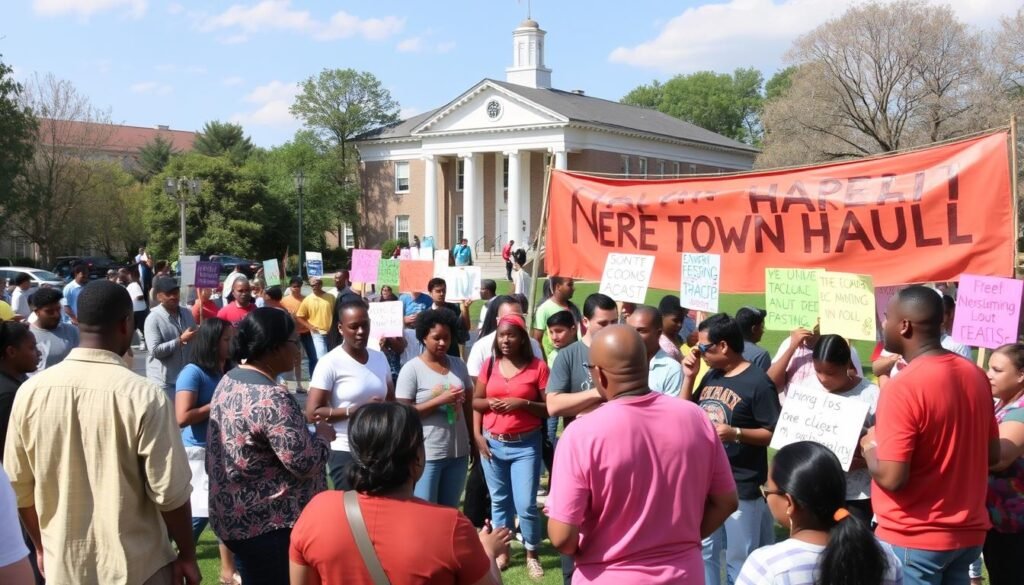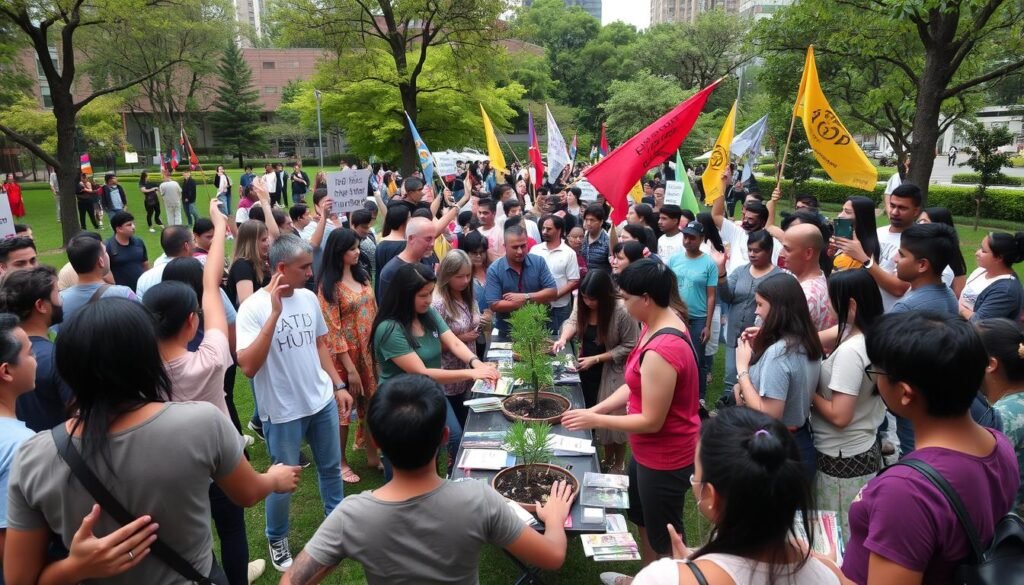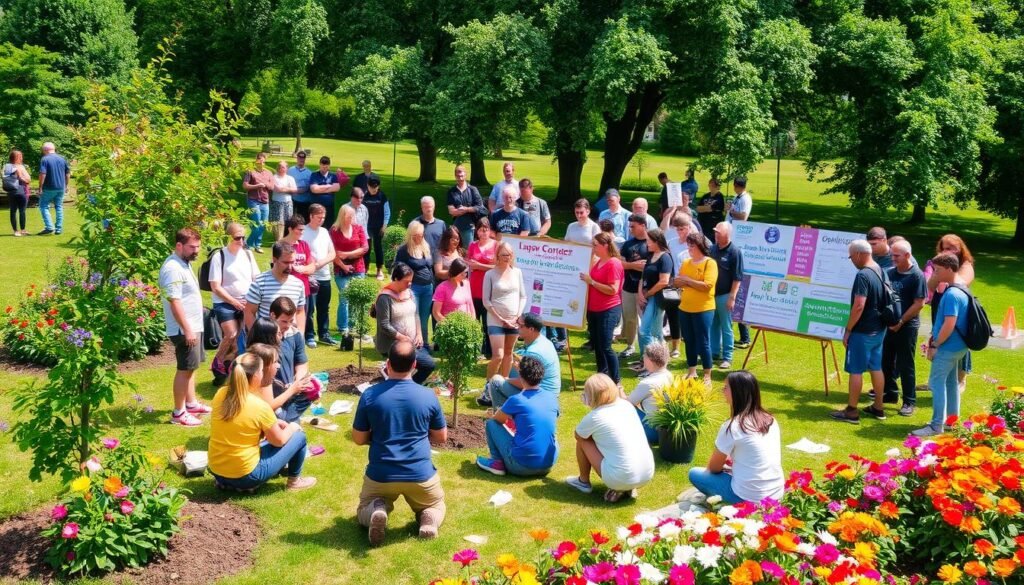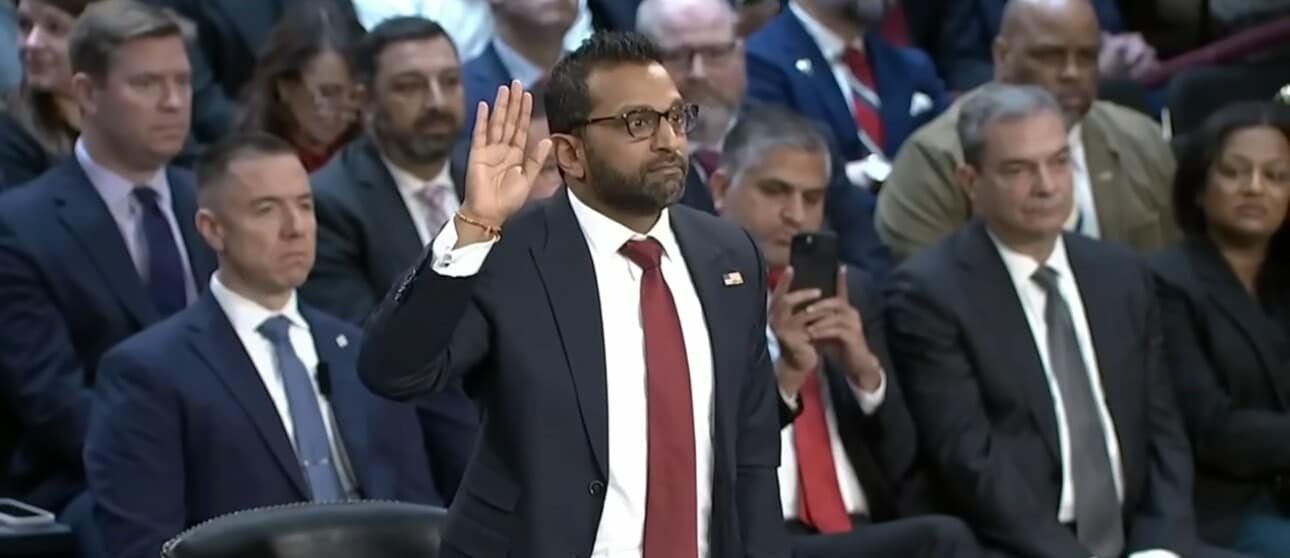How to Get Into Politics and Make a Difference in Your Community
A recent study found that 80% of people see the value in getting involved in their communities. This shows how important it is to take part in politics and activism. The 2024 election in the United States is all about bringing people together. Every effort we make can help make a positive change.
In today’s world, community activism is key to shaping our future. By getting involved in politics and activism, we can make a real difference. We can help build a stronger democracy together.
Key Takeaways
- Community involvement is vital for democracy
- Politics involvement can lead to big social changes
- Community activism boosts social responsibility
- Small actions help build a stronger democracy
- Getting involved in local government promotes good behavior
- Community talks give us hope for the future
Understanding the Political Landscape
To be effective in political engagement, you need to know the political scene. This includes different ways to get involved and the levels of government. Knowing this helps you make smart choices and join the democratic process.
Being civic-minded is key to making a difference in your community. By staying informed and active, you help shape policies and programs that help everyone.
Types of Political Involvement
- Voting
- Volunteering
- Community activism
Levels of Government Participation
- Local
- State
- National
By getting to know the political scene and taking part in democracy, you show your civic responsibility. You help build a fairer and better society for all.
| Level of Government | Participation Opportunities |
|---|---|
| Local | Voting, volunteering, community activism |
| State | Voting, volunteering, advocacy |
| National | Voting, volunteering, activism |
Essential Skills for Political Success
To succeed in politics, you need key skills like communication, leadership, and problem-solving. These help with teamwork, planning, and connecting with the community. With these skills, you can make real changes and drive social change in your area.
Being involved in government participation is key to making a difference. It lets you shape policies and help your community’s future. Important skills for success include:
- Effective communication
- Leadership and teamwork
- Problem-solving and adaptability
- Community engagement and outreach
Studies show that candidates who have lost five or more times face tough odds. But, with the right skills and plan, you can boost your chances. This way, you can make lasting social change through government participation.
By honing these skills and getting involved in government participation, you can truly impact your community. You’ll help drive positive social change.
| Skill | Importance |
|---|---|
| Communication | High |
| Leadership | High |
| Problem-solving | Medium |
Building Your Political Foundation
To make a real difference in politics, you need a solid base. This means having the right skills, knowledge, and experience. These are key for effective community activism and meeting your civic responsibility.
Educational Requirements
A good education is key for a career in politics. You might study political science, law, or similar subjects. It’s also important to keep up with current events and issues. This helps you make informed choices and support community activism.
Professional Experience
Getting experience in politics or related areas is very helpful. This could be through internships, volunteering, or campaign work. These activities help you understand the political process better and fulfill your civic responsibility.
Leadership Development
Building leadership skills is vital for a big impact in politics. You might take on leadership roles, join training programs, or find mentors. These steps help you become a stronger advocate for change and support community activism and civic responsibility.
How to Get Into Politics and Make a Difference in Your Community: First Steps
To make a difference in your community, start by getting involved in politics involvement. You can do this by volunteering or going to local meetings. This way, you can help bring about positive change.
Using social media to share civic activities and important issues is a great idea. It’s a powerful way to support your community and connect with others who care about the same things.
Here are some ways to get involved in your community:
- Volunteering for local organizations or charities
- Attending city council meetings or town hall events
- Participating in online forums or social media groups focused on community issues
By starting small, you can make a big impact. Every action you take helps. Together, we can create real change.
Engaging with Local Government
Getting involved with local government is key to making your community better. You can do this by government participation in many ways. For example, you can go to council meetings, join advisory boards, or volunteer. This helps you learn more, meet people, and make real changes.
Being a good citizen is vital for a strong community. It means knowing what’s going on, going to meetings, and helping make decisions. This way, you make sure your voice is heard and your community is represented.
- Attending council meetings to stay informed about local issues
- Joining advisory boards to provide input on community decisions
- Exploring volunteer opportunities to contribute to community projects
By getting involved with local government, you can really help your community. It’s not just about doing your part; it’s about making a difference. It builds a sense of civic responsibility and encourages everyone to get involved.
| Benefits of Engaging with Local Government | Description |
|---|---|
| Increased Civic Responsibility | Staying informed and participating in decision-making processes |
| Improved Government Participation | Providing input on community decisions and contributing to community projects |
| Community Involvement | Building connections and driving meaningful change in the community |
Building Your Network and Support Base
Community activism is key to making social change. Building a strong network and support base is vital for effective civic engagement. By connecting with others, joining groups, and using social media, you can become a powerful change-maker.
A strong support network offers many benefits. It can boost your visibility, open up job opportunities, and increase your confidence. Networking also leads to sharing ideas and finding inspiration, which are important for growth and creativity. Community networks play a big role in tackling issues like health, education, fairness, and the environment.
Here are some important stats on networking:
- 31% of job seekers find listings through professional connections, like referrals.
- 76% of people think knowing the right people is key to moving up in their careers.
- 89% of people who network say they’ve made at least one valuable connection at events.
Building a strong network and support base can help you succeed and make a bigger difference in your community. You can do this by going to community events, volunteering, and using social media to meet new people.
Creating and Managing Political Campaigns
To be effective in politics, you need to understand government and manage campaigns well. This means creating a strategy, finding money, and building a team.
Planning is key in campaign management. It includes setting goals, making a budget, and a timeline. You must know the political scene and understand voting patterns.
Some important tasks for campaign managers are:
- Creating and using a campaign strategy
- Finding and managing funds
- Leading a team of volunteers and staff
- Handling voter outreach and engagement
Managing a campaign well lets you make real changes in your community. It boosts politics involvement and government participation.
Driving Social Change Through Policy
To drive social change through policy, you need to develop policies, advocate for change, and build coalitions. This approach helps you understand policy basics, push for change, and work with others. It makes you a more effective change-maker, leading to lasting impact in your community.
Key aspects of driving social change through policy include:
- Policy development basics, such as understanding the policy-making process and identifying key stakeholders
- Community advocacy, including building relationships with community leaders and organizations
- Coalition building, which involves collaborating with other groups and individuals to achieve common goals
By working together, individuals and communities can build a more just and equitable society. This promotes positive social change through community activism.
Conclusion: Your Path to Political Impact
Getting intopoliticsand driving meaningfulcivic responsibilityin your community is a journey. By following the steps in this article, you can become a change-maker. You can positively influence the issues that matter to you.
Stay informed, build a strong network, and use digital platforms to share your voice. This way, you can connect with others who share your views.
Whether you volunteer, run for office, or advocate for policy change, your efforts can make a difference. The path to political impact requires dedication, resilience, and a desire to improve your community. Embrace your civic duty and watch as your involvement sparks change. Together, we can create a better future for everyone.
FAQ
What are the different types of political involvement?
What are the levels of government participation?
What are the essential skills required for success in politics?
What steps are required to build a strong political foundation?
What are the first steps to get involved in politics and make a difference in your community?
How can I engage with local government?
How can I build a strong network and support base for my civic engagement?
What are the key elements of creating and managing a successful political campaign?
How can I drive social change through policy?
Source Links
- Where Do We Go From Here?
- How to run a successful political campaign in 7 steps – NGP VAN
- Understanding the Concept of Political Landscape
- Navigating the Political Landscape
- Political Campaign Strategy Tips – Win Your Campaign
- How to Become a Political Activist
- How to Get into Politics | PathWise
- How to run a grassroots political campaign – NGP VAN
- How to talk politics with friends
- Your Civic Engagement Toolkit for Philadelphia
- What Can Improve Democracy?
- 25 Reasons Why You Should Get Involved with Your Local Government
- Community Engagement For Government: A Guide
- How To Inspire Constituents To Get Involved In Local Democracy: 6 Key Steps To Follow From GovPilot
- How to Build a Community Network: Lessons From Network Science – Visible Network Labs
- What Is Networking and Why Is It So Important? (Plus Tips)
- The Ultimate Guide to Building a Robust Support Network
- Political Campaign Management Basics: What It Takes to Win – NGP VAN
- Your Only Guide to Political Outreach Strategies
- Political Organizing Series: Public Narrative, Relationship Building, and 4C’s in Electoral Campaigns
- What is Community Engagement: Examples & Models | GovOS
- The Vital Role of Citizen Involvement in Government
- How Can Community Engagement Drive Positive Change
- How to Get Into Politics: start your political adventure
- No title found
























